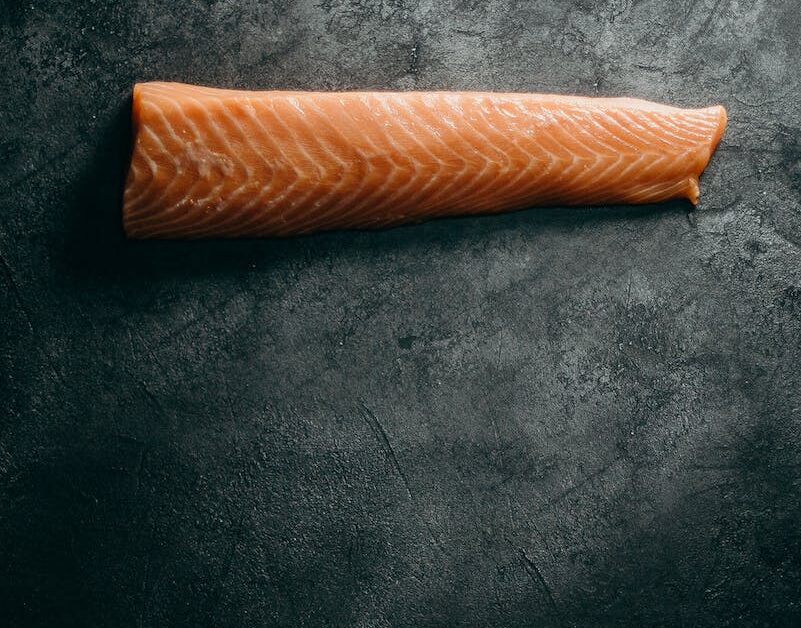What is the Keto Diet?
The ketogenic diet, or keto diet, is a low-carb, high-fat diet that has gained popularity in recent years. It involves reducing carbohydrate intake and replacing it with fat, which puts the body into a metabolic state called ketosis. In ketosis, the body becomes more efficient at burning fat for energy instead of carbohydrates. This diet has been shown to have various health benefits, including weight loss, improved blood sugar control, and increased mental clarity.
What is Collagen?
Collagen is the most abundant protein in the human body, making up about 30% of our total protein content. It is a major component of connective tissues, such as skin, bones, tendons, and ligaments. Collagen provides structural support and helps maintain the strength and elasticity of these tissues. It also plays a role in the health of our hair, nails, and joints.
Collagen and the Keto Diet
When following a keto diet, it is important to consume adequate amounts of protein to support muscle growth and repair. Collagen is often considered a valuable source of protein for those on a keto diet due to its unique amino acid profile and potential health benefits.
Amino Acid Profile
Collagen is rich in certain amino acids, such as glycine, proline, and hydroxyproline, which are not commonly found in other protein sources. These amino acids play a crucial role in the production of collagen in the body and are essential for maintaining healthy connective tissues.
- Glycine: Glycine is involved in the synthesis of DNA, RNA, and various proteins. It also plays a role in detoxification and the production of glutathione, a powerful antioxidant.
- Proline: Proline is important for the structure and stability of collagen. It also plays a role in wound healing and the formation of healthy skin.
- Hydroxyproline: Hydroxyproline is a unique amino acid found almost exclusively in collagen. It is essential for the stability and structure of collagen molecules.
Joint Health
Collagen has been shown to have potential benefits for joint health, which is particularly relevant for individuals following a keto diet. The keto diet can sometimes lead to a decrease in collagen production, as it restricts certain food sources that are rich in collagen-building nutrients, such as carbohydrates and fruits.
Studies have found that collagen supplementation can help reduce joint pain and improve joint function in individuals with osteoarthritis and other joint disorders. It may also help prevent the breakdown of cartilage and promote its regeneration.
Skin Health
Another potential benefit of collagen for those on a keto diet is its positive impact on skin health. The keto diet can sometimes lead to skin issues, such as dryness and inflammation, due to the reduction in carbohydrate intake and potential nutrient deficiencies.
Collagen supplementation has been shown to improve skin elasticity, hydration, and overall appearance. It can help reduce the appearance of wrinkles and promote a more youthful complexion.
How to Incorporate Collagen into a Keto Diet
There are several ways to incorporate collagen into a keto diet:
- Collagen Supplements: Collagen supplements are available in various forms, including powders, capsules, and liquids. They can be easily added to smoothies, coffee, or other beverages.
- Collagen-Rich Foods: Certain foods, such as bone broth, chicken skin, and fish skin, are naturally rich in collagen. Including these foods in your keto diet can provide additional collagen and other beneficial nutrients.
Conclusion
Collagen can be a valuable addition to a keto diet due to its unique amino acid profile and potential health benefits. It provides essential nutrients for maintaining healthy connective tissues, supports joint health, and promotes skin elasticity. Whether through collagen supplements or collagen-rich foods, incorporating collagen into a keto diet can help optimize overall health and well-being.
